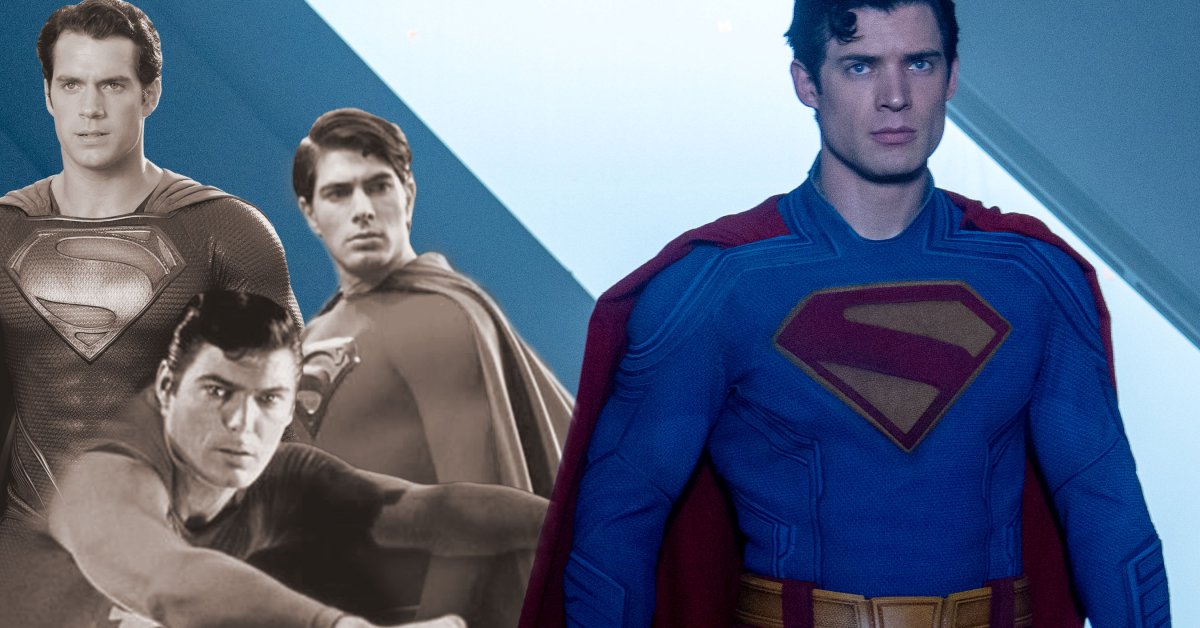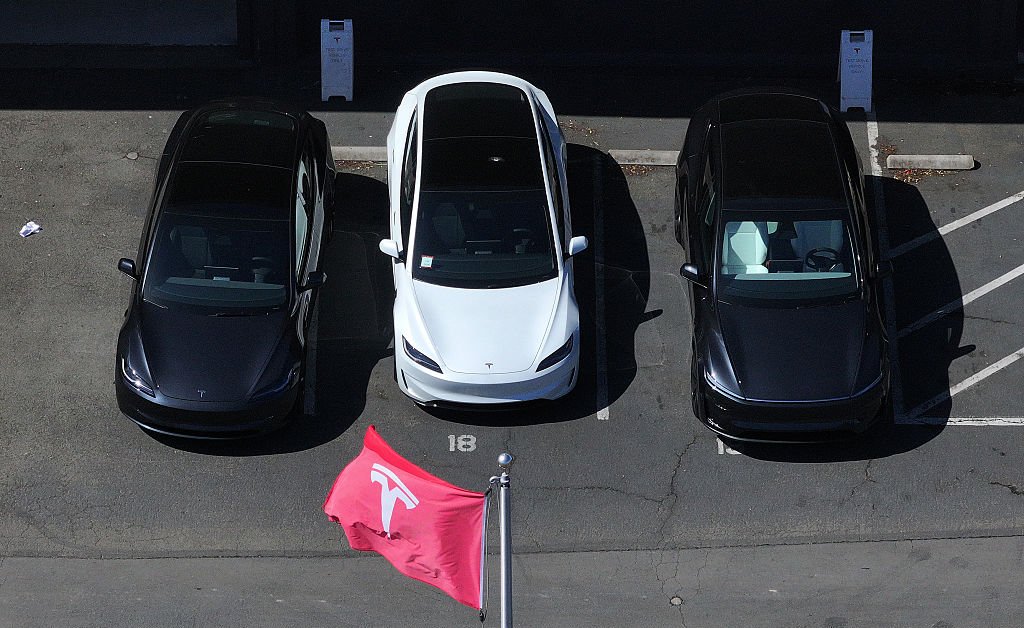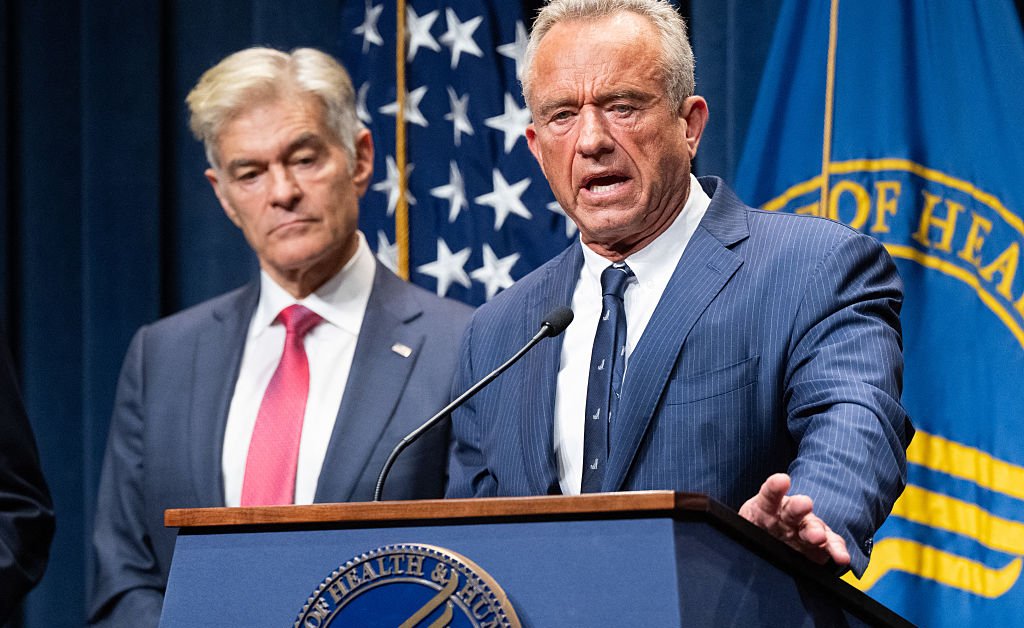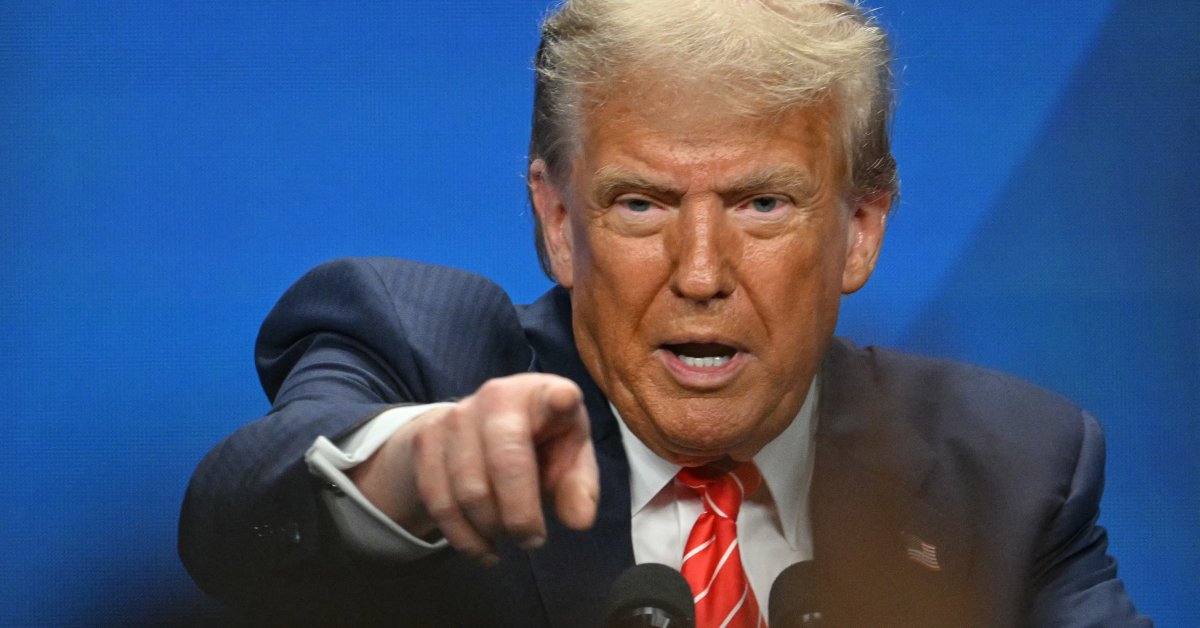In the battle for supreme superhero coolness, Batman has been the unofficial champ for nearly 40 years. In 1988, Alan Moore and Brian Bolland rescued him from ’60s TV-show camp status with their flinty, inventive graphic novel The Killing Joke, a Joker origin story that stressed the grim psychological similarities between Batman and his most enduring enemy. Tim Burton’s two marvelous Batman movies took the character’s morose nature seriously, but not more seriously than his savoir faire: the Burton Batman movies also have gothic elegance on their side. But Christopher Nolan’s 2008 Dark Knight leaned right into Batman’s twilight gloominess. In Nolan’s vision, Batman was a vastly complicated superhero, brooding and unknowable. Suddenly, loving Batman—not the Batman-dance goofball Adam West played on TV, or even the grand, pulpy vigilante as originally imagined by Bob Kane and Bill Finger in a 1939 issue of Detective Comics—made you complicated and unknowable, too. Batman, who relied not on superpowers but on his own intellect, was the thinking-man’s superhero. By comparison, Superman—who’d made his appearance just one year earlier than Batman, in another Detective Comics publication, Action Comics #1—was kids’ stuff. Faster than a speeding bullet! So what? More powerful than a locomotive! Who cares? Superman, despite his status as (arguably) the first superhero, and perhaps the most famous, has long been uncool.
Which is exactly what makes him great.
There’s no existential B.S. with Superman; he belongs to everyone. He’s kind, cheerful, and sturdily nonpartisan, caring only for the supremacy of right vs. wrong. Even if you were a Batman diehard, he’d happily save you, kind of the way U.S. presidents used to vow to serve all citizens and not just the ones who’d voted for them. The Superman temperament is one thing James Gunn gets right in his otherwise sub-mediocre reboot Superman, starring David Corenswet, a Juilliard-trained actor who understands how the strapping charm of the caped superhero is directly entwined with the insecurity of his more awkward alter-ego, journalist Clark Kent. The point isn’t just that stalwart reporter Lois Lane (played here, appealingly enough, by Rachel Brosnahan) can swoon over Superman and feel only mild affection for Clark Kent, ostensibly because women tend to go for the hot guy over the nice one. (In Gunn’s reimagining, she knows about Superman’s dual identity from the start, anyway.) The more interesting angle of the Clark Kent/Superman flip-flop is that while being Superman allows the character to fulfill the most unrealistic expectations of masculinity, being Clark Kent frees him from them. To play Superman, you’ve got to have a little candy-apple sweetness in you, and Corenswet does.

He also has the right amount of wheatfield swagger, another essential Superman quality: the superbeing otherwise known as Kal-El may have been born on another planet, but he was raised by kind midwestern farmers. Corenswet has the right look—he’s got the glossy black hair, the resolute jaw—which points to another general Superman strength, particularly on film. Because Superman doesn’t wear a mask, his emotions are always on display. And we’ve been lucky: we’ve had plenty of good-to-great Supermen, even in not-so-great Superman films.
Brandon Routh, who starred in Bryan Singer’s 2006 Superman Returns, is the almost-forgotten Superman, but he was a terrific one. In shaping the character, Singer and Routh stressed Superman’s vulnerability, and not just to Kryptonite: he was a man out of time and place, urged by his father, Jor-El (represented by a ghost version of Marlon Brando, who’d played the same character in Richard Donner’s superb 1978 Superman), to use his outsider status to serve the world of the humans. Routh’s Superman could never be as mopey as any of the film Batmen, but there was something vulnerable and melancholy about him even so—he came off less as a comic-book hero than a matinee idol, but either way, his sense of dislocation was stark. In one of the picture’s most moving scenes, this Superman uses his X-ray vision to gaze through the walls of the house Kate Bosworth’s Lois Lane, having forsaken him, now shares with her young son and her fiancé (James Marsden). He sees the coziness of their home life, including their little squabbles. This is the kind of life he’d like for himself, but he’ll always be an outsider, looking in.
Read more: The New Superman Hinges on a Radical Reinvention of the Man of Steel’s Parents
Our next big-screen Superman barely survived the preposterous self-seriousness of the stories Zack Snyder built around him in Man of Steel (2013) and Batman vs. Superman (2016). But Henry Cavill prevailed: his Superman and his nerd-to-die-for Clark Kent were of course gorgeous to look at, but in the first movie especially, both guises carried an erotic charge that’s usually forbidden in the world of comic-book movies. When Amy Adams’ Lois Lane is wounded in the Arctic while working on a story, the ever-ready hero emerges from nowhere, ready to cauterize her wound with his X-ray eyes. “This is going to hurt,” he warns her, though his smoldering warmth is like faux anaesthesia—surely, it’s got to feel great. In Batman vs. Superman, a movie that attempts only feebly to settle, once and for all, the question of who’s the greater superhero, Snyder instead just focused on pumping the doom juice. Ben Affleck makes the most dour Batman imaginable; Cavill is forced to spend much of the movie looking noble and pained. No matter which superhero you prefer, Snyder served both badly.
Besides, when it comes to the best film Superman of all, there’s no contest: it’s got to be Christopher Reeve, who played Superman and Clark Kent in four Superman films, the first two of which—Richard Donner’s 1978 Superman and Richard Lester’s 1980 Superman II—are gems of the superhero genre. Reeve, like Corenswet, studied at Juilliard, and he took the role of Superman just seriously enough. Reeve had the gleaming, streamlined beauty of Superman as the character’s co-creators, Jerry Siegel and Joe Shuster, first envisioned him in 1938. But he also came armed with a sense of humor about his own handsomeness. He took clear pleasure in Clark Kent’s clumsy pratfalls, making the most of even the tiniest gestures, bringing casual, offhanded glamor even to the simple act of pushing his horn-rimmed glasses to the bridge of his nose. As Superman, he was a living, breathing, Art Deco fantasy—muscular, yes, but more like a dreamy Adonis than a magazine-ad Charles Atlas. In Superman II, the most romantic of all superhero movies, his Superman/Clark Kent becomes acutely aware that Lois Lane (played by the feisty, luminous Margot Kidder) will only suffer, having discovered his dual identity: there’s no way he can settle down and have the normal romance she yearns for. As Clark Kent, he bestows upon her a Superman kiss, and instantaneously that one bit of painful knowledge—that Clark Kent and Superman are one and the same—is erased.
Some Superman fans hate this plot point: it does not appear in a 2006 version of Superman II known as the Donner Cut, which includes patchwork chunks of footage shot by Donner, the original director of Superman II, before the film’s wheeler-dealer producers, Alexander and Ilya Salkind, replaced him with Lester (who’d previously directed the wonderful Three Musketeers for them, as well as its sequel The Four Musketeers). The Donner Cut has its devotees, but I’m not one of them: If the Lester-Donner hybrid Superman II isn’t perfect, it includes moments of lyrical beauty I wouldn’t trade for anything, including that kiss, an act of mercy and empathy. Maybe the moment wouldn’t work with just any actors. But with Kidder and Reeve, it’s magic.
Sadly, there’s almost zero magic in Gunn’s Superman. Its special effects are more overbearing than special; the plot is all problem-solving and no poetry. Even so, Gunn astutely picks up on the nice-guy aesthetic that sets Superman apart from many of his superhero brethren. At one point Brosnahan’s Lois articulates a Superman character trait that he can only acknowledge is accurate: “You trust everyone, and you think everyone you’ve ever met is beautiful.” She tells him he’s just not “punk rock,” though he wonders aloud if she’s wrong. He posits, almost melting the universe around him with his impossibly blue eyes, that maybe caring about people is the real punk rock.
It’s dorky cornpone dialogue, but Gunn is onto something, the same diffuse yet potent concept that Joachim Trier articulated at the press conference for his film Sentimental Value when it premiered at Cannes in May. “Polarization, anger, and machismo aren’t the way forward,” Trier said. “Tenderness is the new punk.”
As a character, Siegel and Shuster’s creation deserves better than Gunn’s Superman. And that’s unfortunate, because we probably need a great Superman now more than ever. When he first appeared, well into the Depression, it’s no wonder Superman had an almost immediate hold on the public imagination, at a time when so many many Americans were feeling helpless. If you had generational wealth in your pocket, you were probably doing OK. But if you were either a recent immigrant or the child of immigrants—and given the large number of people who’d emigrated to the United States in the first 30 years of the 20th century, there’s a good chance you fell into one of those categories—Superman, himself a transplant from another planet, must have felt like kin. Then as now, he had a stake in the value of tenderness and kindness; he took it upon himself to right all sorts of wrongs that humans inflict on one another. In his resolute squareness, he was also the coolest—and he still is.








